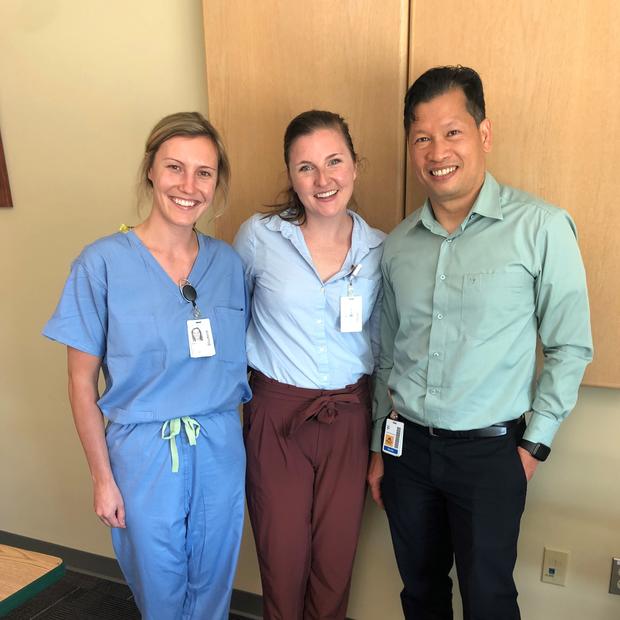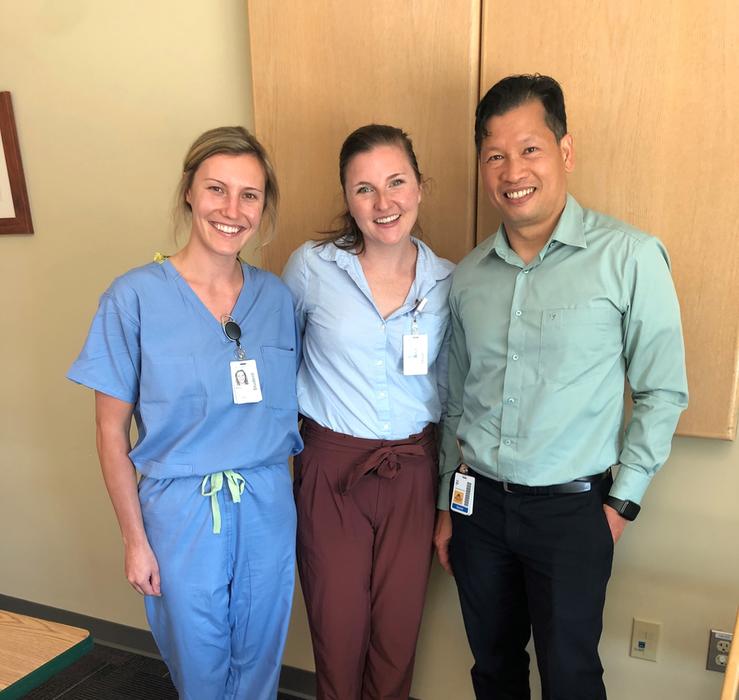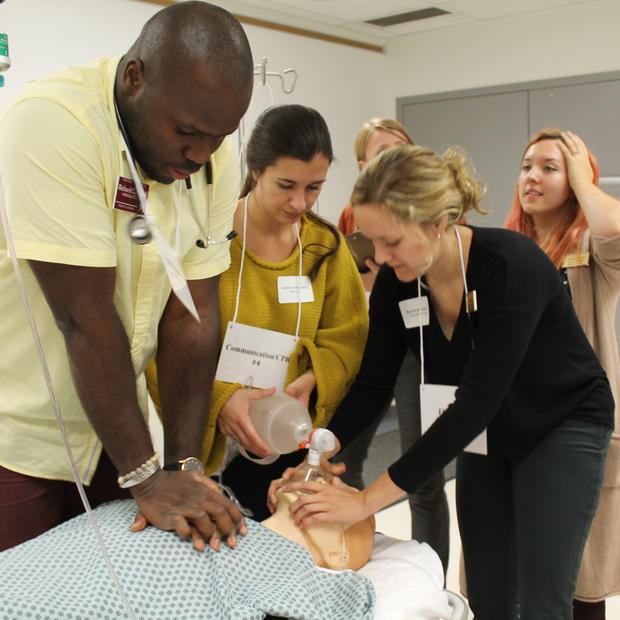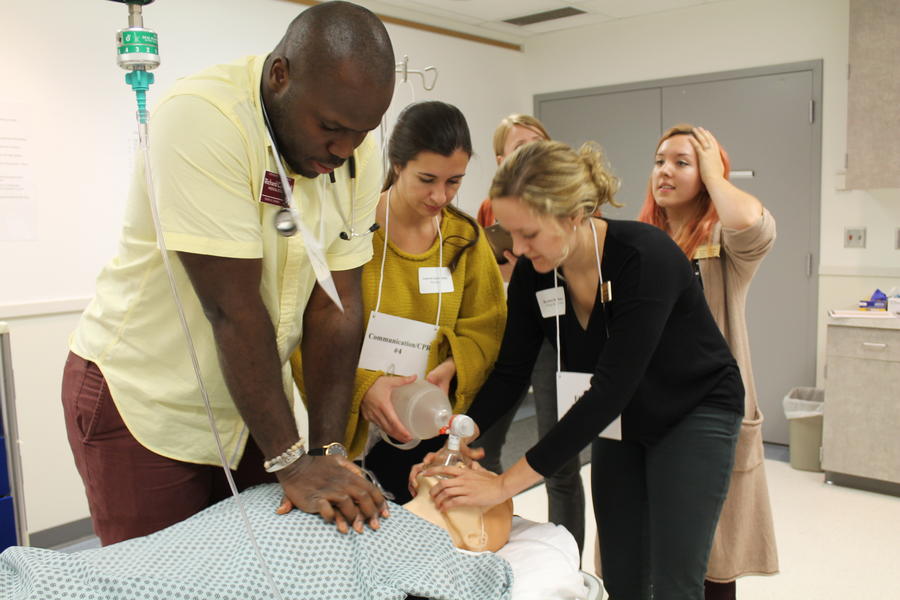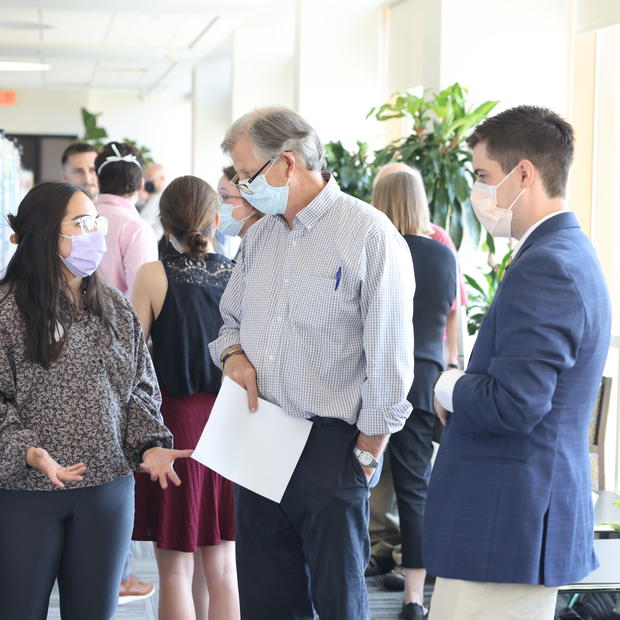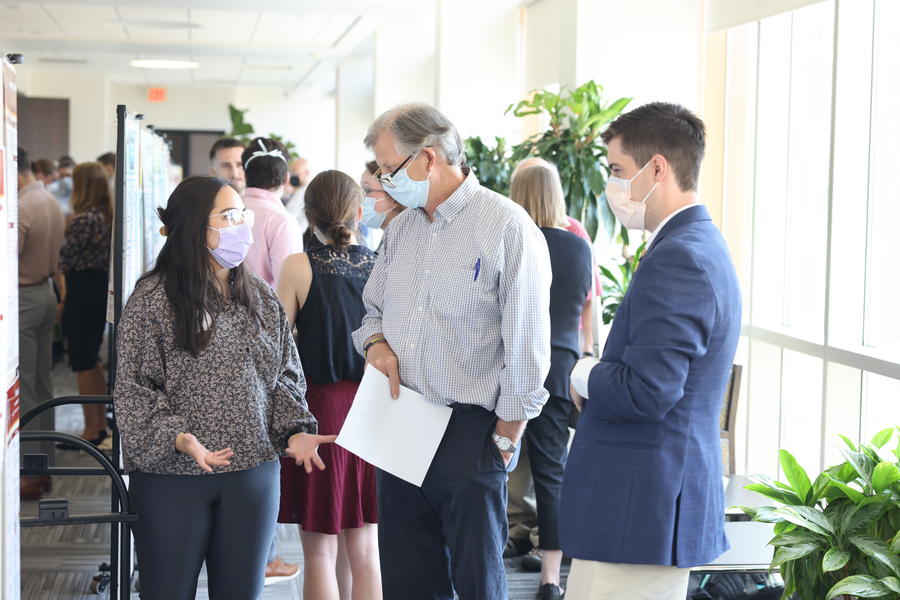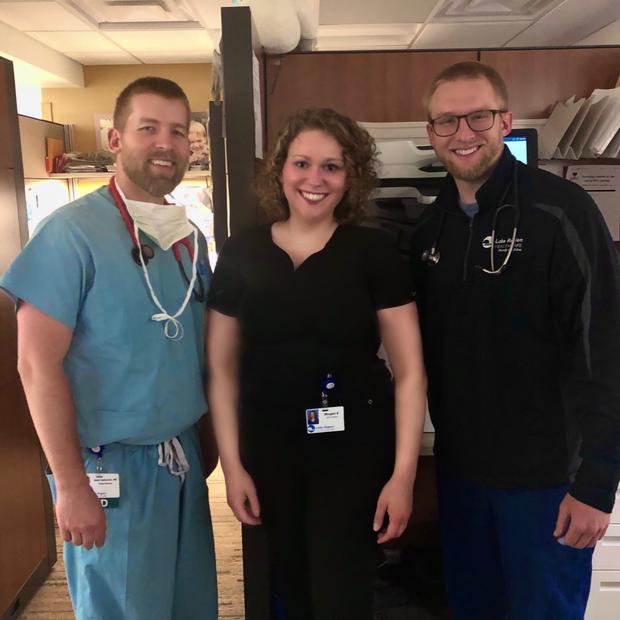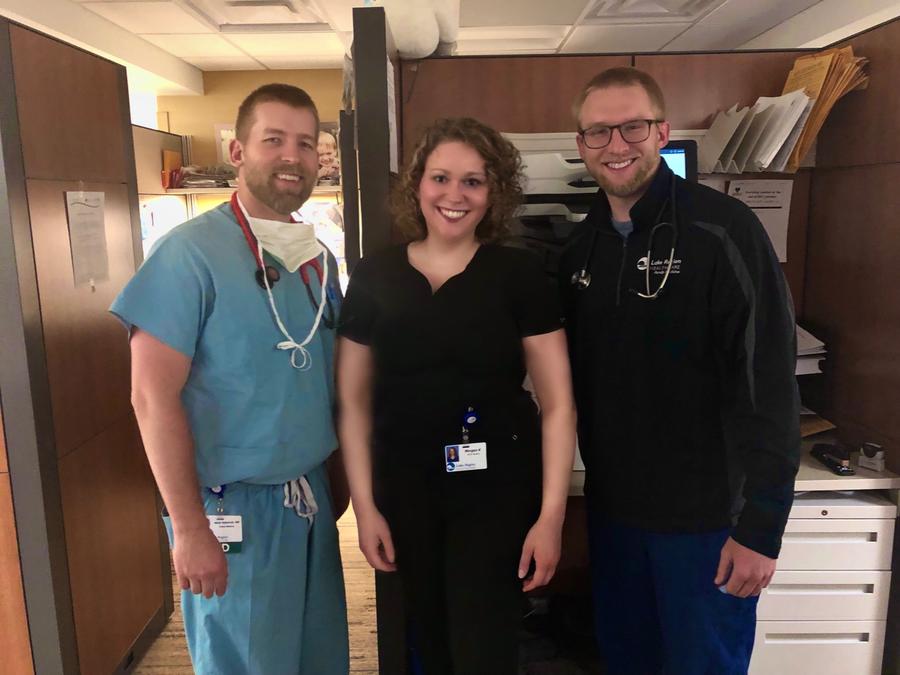About
Who
Medical students interested in one-on-one mentorship, extensive hands-on experience, and an authentic, continuity role in the care of patients should consider the Rural Physician Associate Program, especially those with an interest in rural medicine, family medicine, and primary care. Program graduates have also successfully matched into a wide variety of other specialties. Students from any campus in the University of Minnesota Medical School may apply.
What
RPAP is a unique opportunity in clinical training wherein third-year medical students live and train for nine months in non-metropolitan communities under the supervision of preceptors who are family physicians. These preceptors mentor students in the professional and personal aspects of being a physician.
RPAP students learn clinical medicine, procedures, community health, and the business of medicine. They experience the full spectrum of rural medical care as they follow patients and their families through a disease process or pregnancy.
Students see patients in clinic, hospital, emergency room, nursing homes, hospice, at home, and in the community. Each student is the only student in a community and therefore has a greater opportunity to get hands-on experience in a variety of procedures and specialties.
RPAP was established in 1971 to encourage students to practice in rural areas throughout Minnesota. Over 1,600 students have participated in the program, and two out of three former students practice in Minnesota, over 40% practice in rural locations, and 75% are in primary care.
Where
Over 120 Minnesota communities with populations ranging from 350 to 30,000 have been teaching sites. Practices vary from small family medicine clinics to large multi-specialty outpatient centers. Hospitals range in size from 15 to 140 beds. A majority of sites have at least one RPAP alum.
Why
RPAP gives students a strong foundation in clinical and communication skills and a confident professional approach. Students develop trusting and respectful relationships with physicians, clinic and hospital staff, and patients. The length of the experience allows time for students to become involved in the business of providing health care services as well as in community health education.
RPAP is a longitudinal experience that gives a unique opportunity to learn how social determinants of health affect patients, as students form in-depth connections with patients and communities over time. RPAP is also an opportunity for personal involvement in a community, to explore how social determinants of health are addressed.
The RPAP experience brings to life the American College of Graduate Medical Education’s competencies in patient care, medical knowledge, communication skills, professionalism, practice-based learning, and systems-based health care.
RPAP students learn more than just rural medicine. They and their families experience all aspects of rural community life by living in their host towns during the training period. Students become part of the community by joining local sport teams, drama clubs, bands, churches, and civic groups. Many lifelong friendships have been formed through students' involvement in the host communities.
Minnesota's rural lakes and forests offer ample opportunity for RPAP students to pursue fishing, cross-country skiing, camping, and other outdoor activities during their free time.
History
The Rural Physician Associate Program (RPAP) at the University of Minnesota Medical School was founded in 1971 by Dr. John Verby with state funding to increase the number of primary care physicians in rural Minnesota. The Rural Physician Associate Program (RPAP) now has 1,600+ graduates.
RPAP has a longstanding record of educating primary care physicians. The state of Minnesota continues to provide funding for the program as part of the University of Minnesota (UMN) allocation. More than 125 communities in Minnesota and western Wisconsin have participated, with populations ranging in size from 1,000 to 30,000.
RPAP is a community-based, clinical continuity of care experience during the third year of medical school. Students apply, are interviewed, and are then matched to a rural community where they spend 9 months of training under the mentorship of a primary preceptor. Being the only medical student in a community presents ample opportunities to acquire hands-on experience in a variety of procedures and specialties. RPAP students experience the full scope of rural primary care while fulfilling several required experiences in surgery, women’s health, pediatrics, emergency medicine, orthopedics, and urology. Students are able to follow patients for 9 months. This creates the opportunity to see a patient through prenatal care, delivery and then well-child visits, or the diagnosis of a surgical problem, surgery, post-op recovery and then return to primary care. The length of the experience and small size of the community also promote student involvement in the business of providing health care services through the clinic and the hospital, and in community-based efforts to deliver health education and promote health improvement.
Overall, this experience is intended to give each student a strong foundation in clinical and communication skills, a confident professional approach, and an understanding of the impact of healthcare services on a community’s health. RPAP’s rich immersion learning experience is enhanced by other program components. Students participate in an online curriculum that covers aspects of rural health and rural healthcare systems, healthcare management, evidence-based practice, end-of-life care, and community health assessment. This curriculum includes online discussion with fellow students.
Students also complete a Community Health Assessment (CHA) project. The CHA project in which students develop a plan to address a priority health issue (determined by local health data) in partnership with community stakeholders. Over the 9 months, visiting faculty from the university teach and give feedback to students on clinical communication skills and in specific specialty areas. These faculty also give feedback on student case presentations and formal educational presentations.
Rural Health Resources
Contact RPAP
Email: rpapumn@umn.edu
Phone: 612-624-3111
Rural Physician Associate Program
B615 Mayo Memorial Building
Mail: MMC 293
420 Delaware St. SE
Minneapolis, MN 55455
